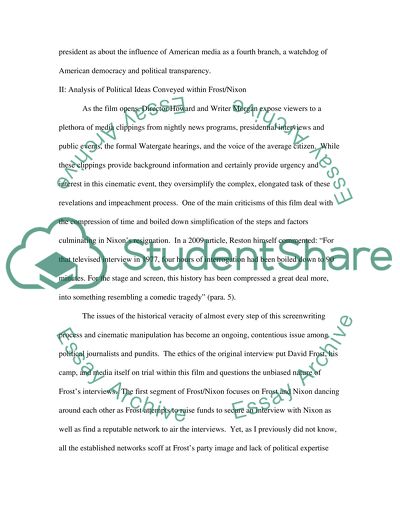Cite this document
(“Film Evaluation Essay Example | Topics and Well Written Essays - 1250 words”, n.d.)
Retrieved from https://studentshare.org/environmental-studies/1420391-film-evaluation
Retrieved from https://studentshare.org/environmental-studies/1420391-film-evaluation
(Film Evaluation Essay Example | Topics and Well Written Essays - 1250 Words)
https://studentshare.org/environmental-studies/1420391-film-evaluation.
https://studentshare.org/environmental-studies/1420391-film-evaluation.
“Film Evaluation Essay Example | Topics and Well Written Essays - 1250 Words”, n.d. https://studentshare.org/environmental-studies/1420391-film-evaluation.


